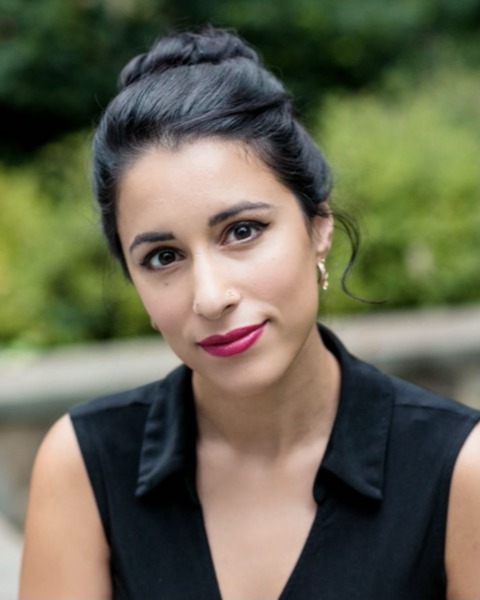Mental Health
Mental Health 3
710 - Evaluation of an Arts-Based Peer Support Program for Unaccompanied Immigrant Children
Sunday, April 30, 2023
3:30 PM - 6:00 PM ET
Poster Number: 710
Publication Number: 710.328
Publication Number: 710.328
Nouf Bazaz, Loyola University Maryland, Union Bridge, MD, United States; Edwin O. Girón, Loyola University of Maryland, Silver Spring, MD, United States; Timothy Treinen, Johns Hopkins University Bloomberg School of Public Health, Baltimore, MD, United States; Samantha Williams, Other, Baltimore, MD, United States; C. Nicholas Cuneo, Johns Hopkins University School of Medicine, Baltimore, MD, United States

Nouf Bazaz, PhD
Clinical Assistant Professor
Loyola University Maryland
Presenting Author(s)
Background: A growing number of unaccompanied immigrant children (known as UCs) have come from Latin America to the United States in recent years. UCs face challenges that span pre-immigration in their home countries, migration, and post-migration resettlement. Peer support models have been employed successfully in other special populations, such as people living with serious mental illness, to develop coping skills and self-efficacy.
Objective: To determine 1) if there is significant improvement in UCs’ social and emotional wellbeing after participating in an arts-based peer support program and 2) what components of a peer support-based intervention UCs perceive as most helpful.
Design/Methods: We enrolled 19 UCs aged 14-18 in a Spanish-language, mixed-gender six-week summer program intervention. Each session included 1) a guiding question related to self-efficacy/self-esteem, 2) an artistic experiential component, and 3) group discussion. We employed a mixed-methods, pre- and post-test research design to assess program efficacy, coupling qualitative interviews with a validated scale for measuring psychosocial well-being, the General Self Efficacy Scale (GSE). Basic interpretive qualitative methods were used to analyze data from participant interviews, while t-tests were conducted to determine differences in GSE scores before and after the program.
Results: In individual interviews prior to the start of the program, participants expressed a desire for meaningful connection and emotional expression with people who could relate to them as well as to make meaning of past experiences. Reported self-efficacy did not change significantly following participation in the intervention program (28.8 vs. 28.5, P=0.39). In interviews after completion of the program, participants reported that the program allowed them to express themselves emotionally and connect socially with peers, but shared a desire to have had more structured opportunities to explore past traumas in the company of the group.
Conclusion(s): Although participants reported satisfaction with their socioemotional progress following participation in a six-week arts-based peer support program, a validated measure for assessing optimism and ability to cope with challenges did not change significantly. Results from follow-up qualitative interviews suggest that participants desired more time for group processing of traumatic prior experiences, which should be explored in future studies.
